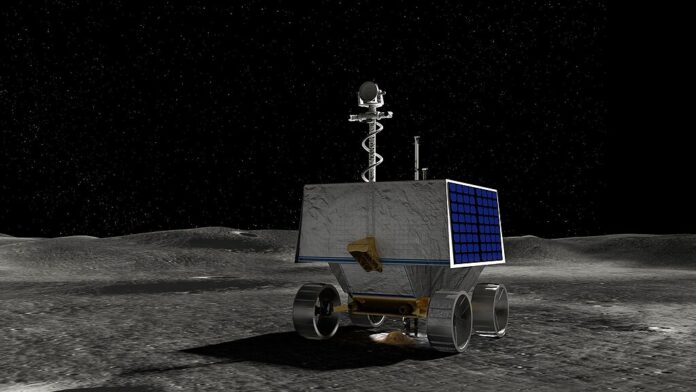The WA government-backed AROSE consortium has lost its bid to design Australia’s first lunar rover, with the contract awarded to eastern states-based ELO2
The AROSE consortium, backed by the Western Australian government, has been edged out in the race to design and build Australia’s first lunar rover. The highly anticipated $42 million contract has been awarded to ELO2, a consortium based in the eastern states.
The decision marks a significant setback for AROSE (Australian Remote Operations for Space and Earth), which had been positioning itself as a leader in the nation’s burgeoning space sector. Supported heavily by WA’s resources and expertise in remote operations, AROSE was considered a strong contender for the prestigious project.
Instead, the winning bid from ELO2 will see the eastern states solidify their role as the hub of Australia’s space exploration initiatives. The rover will be part of a groundbreaking mission to aid NASA’s Artemis program, which aims to return humans to the Moon. The rover’s primary goal is to collect lunar soil, or regolith, to demonstrate in-situ resource utilisation—an essential step for sustained lunar habitation.
The WA government expressed disappointment over AROSE missing out on the $42m lunar rover contract but reaffirmed its dedication to advancing space innovation in the state. “Western Australia continues to lead in robotics and automation, and we are determined to build on our strengths to secure future opportunities in space exploration,” said a government spokesperson.
Embed from Getty ImagesAROSE chairperson Colleen Hayward echoed these sentiments, highlighting the consortium’s expertise and ongoing ambitions. “While this is disappointing, our team will keep driving innovation and building on WA’s proud history in space and resource technologies.”
ELO2’s proposal reportedly emphasised its collaboration with established eastern-state academic institutions and private sector partners, which may have been a decisive factor. Federal Industry and Science Minister Ed Husic described the decision as a step forward for Australia’s space industry as a whole. “The rover project is an extraordinary leap in our capability as a spacefaring nation,” Husic said.
This decision underscores the competitive nature of Australia’s space sector, where states are vying for prominence in contributing to international missions. For WA, missing out on the lunar rover project is a reminder of the challenges involved in breaking into an industry dominated by eastern-state partnerships.
Despite the setback, AROSE remains optimistic about its future in the space industry, with several initiatives underway to enhance Australia’s space technology capabilities.
